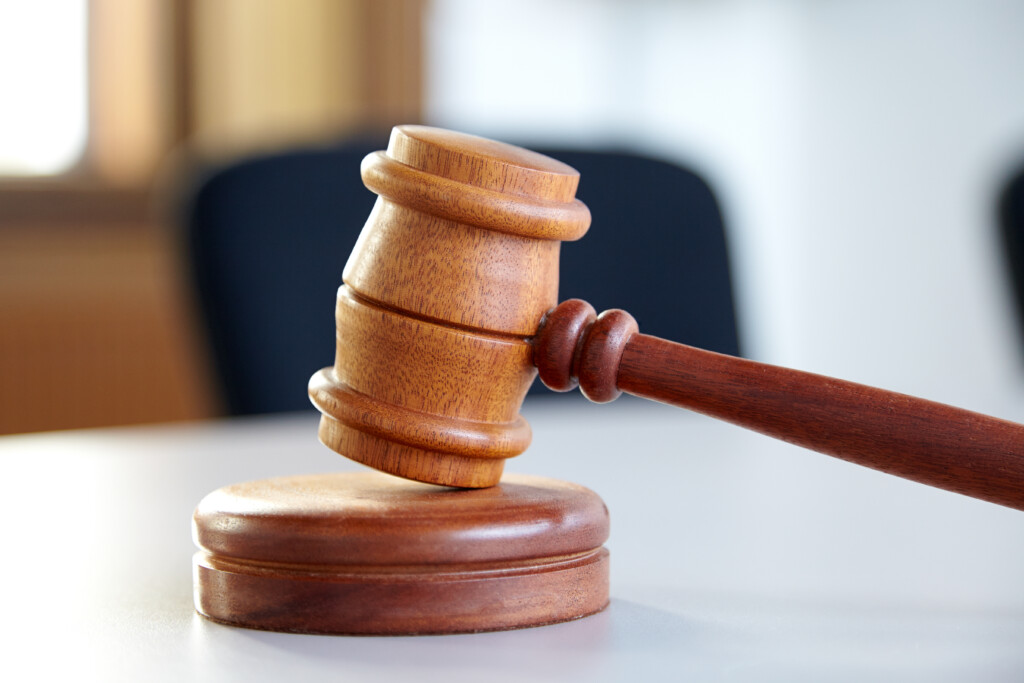
Under the BC Supreme Court Civil Rules (“SCCR”) a proceeding brought by or against a person under legal disability must be started or defended by his or her litigation guardian. Persons under a legal disability are defined as infants or “mentally incompetent” persons. Mentally incompetent person is defined in the Interpretation Act, R.S.B.C. 1996, c. 238, s.29, to mean “a person with a mental disorder as defined by s. 1 in the Mental Health Act”. The following definition appears in the Mental Health Act:
“person with a mental disorder” means a person who has a disorder of the mind that requires treatment and seriously impairs the person’s ability to react appropriately to the person’s environment, or to associate with others.
If a litigation guardian is required, it is important to consider who can in fact step into this role. Under SCCR 20-2 (5), unless the court orders otherwise or an enactment otherwise provides, a person ordinarily resident in BC may be a litigation guardian of a person under disability without being appointed by the court. Therefore, if a proposed litigation guardian is not an ordinary resident of BC, he or she must make an application to the court to be appointed as a litigation guardian.
On the question of suitability of a potential litigation guardian, the leading case continues to be Gronnerud v. Gronnerud, [2002] 2 S.C.R. 417 which outlined six criteria when appointing a litigation guardian as follows:
- “the evidence must establish that the incompetent is unable to act for himself or herself;
- evidence should be verified under oath as to the incompetent’s medical condition and his or her inability to act as plaintiff;
- evidence must demonstrate that the litigation guardian is both qualified and prepared to act and, in addition, is indifferent as to the outcome of the proceedings;
- the applicant should provide some evidence to support the claim being made;
- the applicant should obtain the consents of the next-of-kin or explain their absence; and
- if the applicant has a personal representative or power of attorney whose status is not being challenged in the proceedings, some explanation should be offered as to why the attorney or representative has not been invited to bring a claim.
Generally, a litigation guardian is not monitored by the Public Guardian and Trustee (PGT) unless an issue in the course of litigation arises. However, the role of the PGT is determined on a case by case basis.
Further, when a mentally incompetent person is a party to proceedings, his or her litigation guardian may be examined for discovery, but the mentally incompetent person may not be examined without leave of the court (SCCR – R 7-2(9) and Penn v. Secord (1979), 1979 CarswellBC 332 (B.C. S.C.)).



